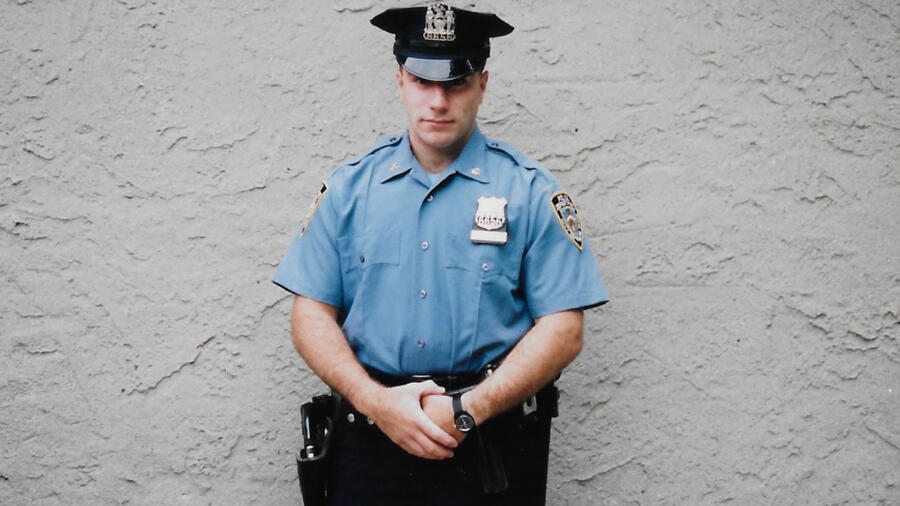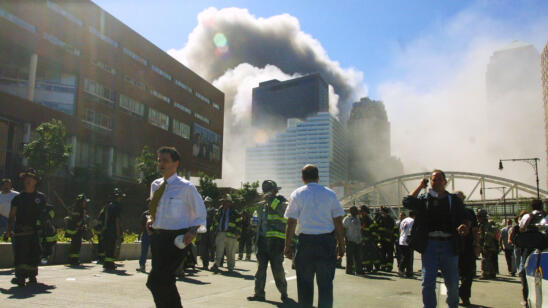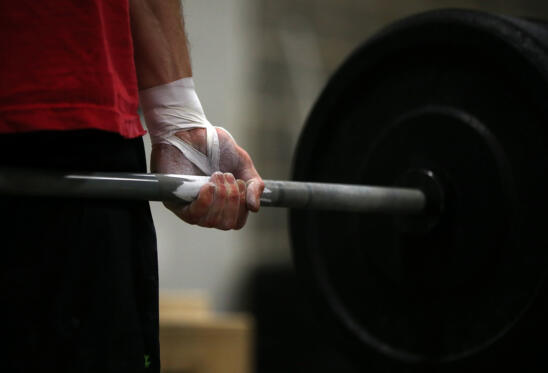During his time with the New York City Police Department, retired Detective Sergeant Joseph Giacalone had the pleasure of working with compassionate cops who truly loved the job and “cowboys” who were unworthy of the badge. Here are some of his stories, as told to reporter Adam Janos.
I joined the force for the same reason most people do: to help people. That’s all I ever wanted to do. I had an idealistic view of policing. My uncle was a fireman, and I would’ve been too, but when I was 20 years old and the time came to take the test, the fire department wasn’t hiring.
So I came in to New York City from Levittown, N.Y. After the academy I got placed in the 4-7 precinct of the Bronx: the furthest northern part of the city.
This was 1992, so we had a couple of old-timers who were Vietnam vets that served as good examples to us. We had one Lieutenant: Lieutenant Sullivan. He was a tall guy—maybe 6’2″—thin, mustached. He wasn’t a rough-and-tumble guy, but he just looked the part. Appearance means everything, and Sullivan always wore his dress blues—his parade outfit—out on patrol. People would stand at attention when he would do stuff. So much of policing is about your presence.
Not all cops understand that. We’ve all seen those out-of-shape cops with the buttons bulging and the uniform that doesn’t look right.
And then there are the cops who don’t realize that you’re never off-duty. That stuff is embarrassing. In 1995, a couple of guys from the 4-7 got jammed up during Police Week. Every year in May, cops from all over the country go to D.C. to honor law enforcement who died in the line of duty. We had guys naked and drunk and sliding down bannisters at the hotel.
There are a lot of good cops, though. People don’t realize the things we do all the time that never make the newspaper. If you’re in the newspaper, you’re either in trouble or you’re dead… or even if you do happen to get in there for doing something good, it’ll be a snippet on page 37. But the thing is, the police job isn’t just about enforcing the law. Society calls the cops for everything. Kid doesn’t want to go to school? They call the cops. Somebody’s not taking their medication? They call the cops.
Sometimes you’re a psychologist, sometimes you’re a referee, sometimes you’re a domestic-violence counselor… sometimes you’re a midwife.
I remember one time I saw a cop deliver somebody’s baby in the street. This was 1993. It was cold out—not winter yet, but cold enough that I was wearing a light Eisenhower jacket.
This woman was in her 20s, all by herself. She’d fallen and flagged a cop down. This was on White Plains Road in the Bronx, somewhere between 228th and 233rd Streets. Me and my partner followed up in the car.
There was a hospital nearby. It was called Our Lady of Mercy; we used to call it Our Lady of Misery. You’re only talking three blocks. So this cop was pleading with Central to get the ambulance there quick. But the ambulance never ever gets there on time.
We tried to pick her up and put her in the back of the radio car, but she was already crowning. That baby was born with the mother leaning against the El-pillar, underneath elevated subway tracks. Between the four of us, we only had one pair of rubber gloves. The cop who delivered was a father—we said, “You already have kids, you’re going to have to do this.” He helped deliver that baby in his uniform shirt.
They didn’t train him for that. We’re not doctors. They give us zero training on everything when it comes to stuff like that.
But you have to have compassion in this line of work.
And you can’t be easily hooked. You need to show restraint, because people push your buttons all day long: They curse at you, say stuff at you.
Some people just aren’t good with people. I remember telling one guy at my old precinct: The difference between me and you is that in 20 years I’ll be getting my pension and you’ll be working somewhere else. Just because he was one of those guys who was always looking for trouble.
He was an ex-military guy. Real gung-ho.
We came out of the police academy together. We got to the precinct together, and at the time they used to lump all the rookies together into a group. There would be field-training units and you’d be working with a group of 10-12 people just like you. We’d do DWI checkpoints, picking out every third car for safety inspections, that kind of thing. And this guy… he just had a warrior-cop mentality. If the first words out of your mouth are “jackass” or “what the hell are you doing” every time you talk to people… that kind of stuff is just not going to work. You get more bees with honey than with vinegar.
He was always looking for trouble, though: rustling the bushes, looking for guns, constantly chasing after people, trying to make things happen. That’ll eventually bite you in the butt. It’s a cowboy mentality. But the police don’t need cowboys. You need to be proactive, but that’s about coordinated effort: using intel, facts, figures. The police don’t need people who think they’re on Starsky & Hutch.
I never wanted to work with him. I’d rather walk the beat by myself than be in a car with him. Anyway, he got himself jammed up a few times; there were a lot of “use of force” complaints against him. One of the investigations found that it was substantiated. There was a lawsuit, and the department fired him.
It was that cowboy mentality. You had a lot more cowboys in the police back then than you do today. But, I mean, if you’re a cowboy in today’s police, you’re an idiot. Just look at what’s going on in the news. If you’re a cowboy today, you’re a total idiot.
For more stories from the force, listen to an interview with retired Stamford PD Sgt. Pete DiSpagna in Episode 5 of the PD Stories podcast. For more information, visit the PD Stories page.
Related Features:
The Life of an Early 20th Century Policewoman: Solving Murders and Busting Prostitution Rings
The South Bronx’s 41st Precinct (a.k.a. ‘Fort Apache’) Was a Crazy Place in the ’70s
Communication Secrets From a Top Hostage Negotiator


